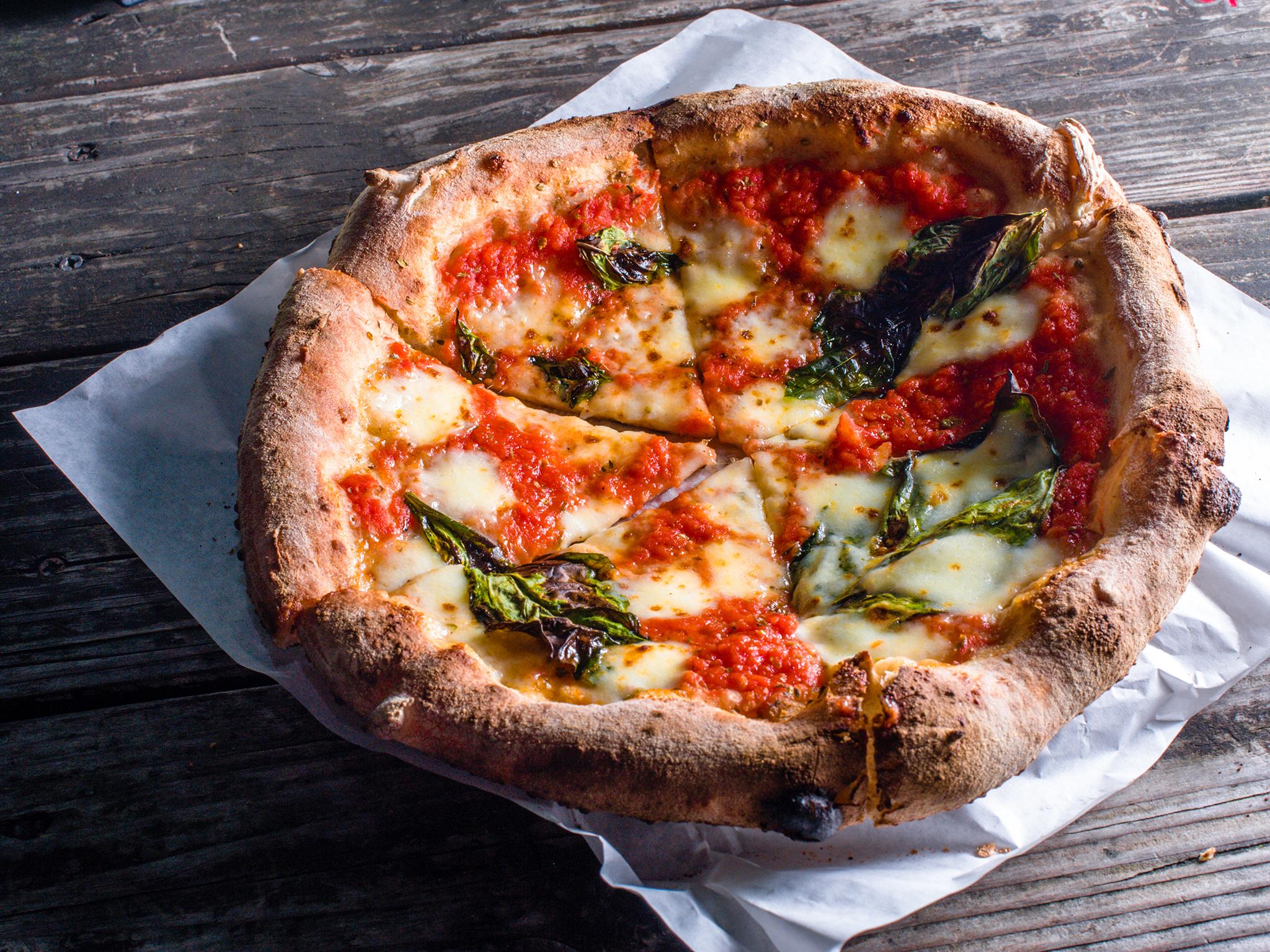The worst crimes against Italian food, according to top chefs
'I wouldn't serve store bought pesto to my worst enemy'

From overcooked pasta that’s swollen and limp to pizza topped with a slick of cheap oil, chefs have revealed the crimes against Italian food that they can't bear to see.
“Pizza, pasta, bread, and salad dressing are Italian foods that are very often ruined abroad,” says US-based Sylvia Baldini, a Food Network Chopped winner who has trained in Michelin-starred kitchens.
Where most cooks fall down is by making food too complex - either by combining too many flavours or a glut of strange chemicals in the case of manufacturers. It’s these mistakes that give Italian food, from pasta to pizza, a bad reputation when Mediterranean diets are in fact among the healthiest in the world.
“My favorite dishes are often the ones from my childhood and they are the celebration of seasonal and local ingredients," says Baldini.
“I find that pasta is the most ruined dish outside Italy,” she goes on. “It's often overcooked or undercooked, badly seasoned and served with too many ingredients.”
As for pizza, Baldini can't understand why the dish is often weighed down with chicken or meatballs, or why a crust might be thick or soggy.
"A thin crust is a tasty vessel to showcase a few well chosen toppings. Pineapple doesn't belong on it and it makes me cringe."
Baldini is also emphatic in her hatred for bottled salad dressing and mass-produced pesto.
“Salads should be coated with good olive oil, vinegar or lemon for acidity and seasoned with sea salt salt and a little pepper, never with corn syrup and vegetable oil. The same goes for pesto. In Italy pesto is made by grinding pine-nuts in a mortar with a handful of fragrant basil leaves and salt and by adding good extra virgin olive oil. The store bought kind is a scary garlic loaded version I wouldn't serve to my worst enemy.”
“Finally one should never end a meal with a cappuccino because cappuccino is for breakfast or an afternoon interlude. Espresso is a better choice.”
For Marco Scire, a La Belle Assiette private chef, bolognese might be one of the UK's favourite dishes but they are often very far from the original versions - and not in an edgy, fusion-food sort of way.
“Although every nonna or mamma has their own recipe, the bolognese sauce should contain two types of meat, 75 per cent beef and 25 per cent pork, tomato paste, a good quality red wine, some fresh herbs like rosemary and thyme, plus some garlic and onion,” he explains.
“It shouldn’t contain bacon or other type of fat or any ‘cooking wine’, like I have seen during my career in restaurants. Only use a wine which is good enough to drink.”
For those determined to cook Italian food the right way, he advises: “to cook a traditional bolognese sauce you should add oil, onion and meat – beef and pork – into a pan until they are brown, then you put the tomato sauce and a bit of wine, adding some tomato paste. Simmer it for three hours giving the ingredients the chance to come together into a unique flavour rather than boiling the meat in tomato sauce. Finish with some grated parmesan cheese.
"Use pappardelle or tagliatelle pasta as they will retain the sauce and not spaghetti which is more commonly done in the UK. This is because the sauce will not stick to the pasta.”
Parma ham being called “any cured ham” or parmesan being used interchangeably with Grana Padano are also pet peeves for Scire.
“They are two very different things," he stresses.
But what he detests the most is chefs cooling off pasta by running it under cold water. "It washes the gluten off, which is vital for both the flavour and the binding of the sauce.”
“A good Italian chef knows that when cooking pasta, adding a couple of spoonfuls of the water used to cook the pasta will enrich any sauce and help bind together the pasta with its sauce.”
La Belle Assiette private chef Neal Otter, meanwhile, reserves his vitriol for overcooked, stodgy risotto.
"I was frequently slapped on the back of the head with a wooden spoon if my risottos weren't oozy and silky smooth," he says recalling his days training as a chef.
He adds: "Carbonara is greatly abused by people buying overpriced, sub standard ready made packets which take longer to cook than just making the real deal from scratch."
"I think this dish epitomises simplistic Italian cuisine which should be in every home cook's repertoire."
To Baldini, the secret to delicious Italian food is easy: “it is simple and should remain simple."
Join our commenting forum
Join thought-provoking conversations, follow other Independent readers and see their replies
Comments